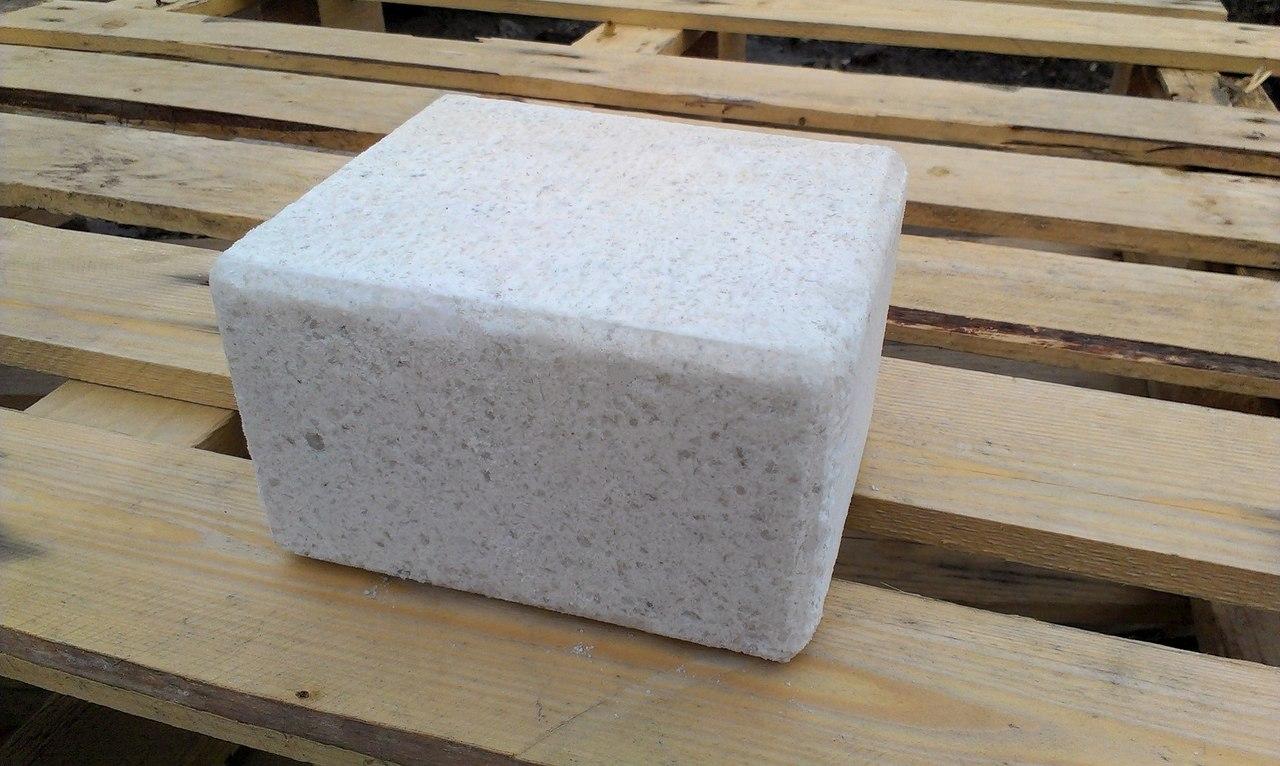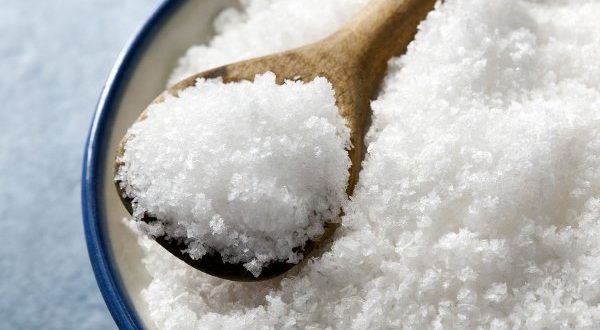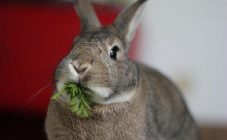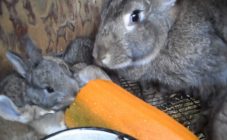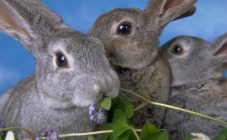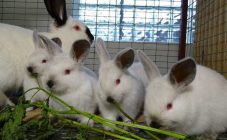Content:
The diet of rabbits, which are bred for further eating rabbit meat, should be balanced, without harmful impurities. Many livestock breeders are wondering if rabbits can be given salt?
Do rabbits need salt and why
Nutrition significantly affects the health and appearance of pets. Rabbits need good care and proper nutrition in order for them to grow quickly, gain weight, and bring healthy offspring. In addition to calories, the feed should contain vitamins and various microelements. But sometimes these components for a balanced diet are not enough in a regular feed, especially in winter and spring. Some breeders to solve this problem purchase special nutritional supplements marked on the packaging "For rabbits". But these products are expensive, so many breeders add a variety of minerals to their pet food with their own hands. One of these is table salt.
Table salt, or sodium chloride, is a natural mineral and one of the world's most sought-after food spices.
Salt should be in the diet of rabbits, as it:
- makes any natural rabbit food tastier;
- retains fluid in muscle tissue, which contributes to faster weight gain;
- takes part in the sodium-calcium interaction of biological fluids in the body;
- contains ions of substances necessary for the normal functioning of body cells.
Lack of sodium chloride in the body of the animal leads to:
- deterioration of the condition of the coat;
- violation of blood formation;
- indigestion and metabolic processes.
Table salt plays an important role in rabbits. If animals lick the cage nets, this is the first sign that pets need to introduce salt into their diet. And the owners taught by experience necessarily feed the herbivores with salty food. Leading domestic veterinarians and livestock experts advise giving such supplements, but in limited quantities. Salt is necessary for any organism to function normally, but an excess of it can adversely affect the health of a mammal.
The only condition that breeders must adhere to is to purchase pure table salt without any additives. You should pay attention to information on the composition and method of processing the product. So, for example, extra and higher grade salt may contain iodine. This chemical element is added to the product during processing. Despite the fact that rare consumption of it in food is even beneficial, with regular feeding, the additive will be harmful to animals.
Rabbit Lick Salt
The use of a friable salt product is not always convenient.First, it is difficult to calculate the proportions and give the correct dosage of the substance. And the consumption of an incorrectly calculated amount of the mineral by pets will lead to a deterioration in their health.
Secondly, tetrapods can overturn the container, sprinkle and trample salt.
The zealous owners, instead of a friable product, use a universal product - lick salt, which is a specially compressed mineral. It contains purified salt, macro and microelements necessary for the prevention of many diseases of rabbits.
Licks are not added to water or feed, but simply hung on a strong rope or placed in a feeder. Pets come to the treat when they feel like it and lick off as much salt as their body requires. Overdose and deficiency of an important component are excluded. In addition, the product will not be scattered and trampled.
The use of briquettes of the vitamin and mineral complex is more convenient and profitable than the way to add some salt to natural food.
How to make a lick for rabbits
You can not buy salt lick, but make it yourself. In this case, the product turns out to be not only tasty and healthy, but also cheap.
The production technology of the vitamin and mineral complex is quite simple and even novice breeders can do. The main condition for obtaining a high-quality lick is compliance with one rule: to work in a dry room. And the algorithm of actions is as follows:
- Take 0.5 kg of red clay, dry it thoroughly and sift it through a sieve.
- Approximately 300 g of charcoal is finely ground, but not reduced to dust.
- Clay and coal are combined in a clean, dry container of the correct size. 500 g of feed chalk, 3 tablespoons of feed sulfur and 5 tablespoons of table salt are added to them.
- All ingredients are thoroughly mixed. Then add water to the container in small portions, constantly stirring the gruel.
- The result should be a mixture that resembles a lump of thick dough. If the consistency is liquid, then add more chalk. It will help thicken the product.
- From the resulting product, small balls or cubes are formed, in the middle of which a thin rope is pulled, on which the delicacy is fixed on the rods of the aviary. If the lick salt is placed in the trough, then this step can be skipped.
- Licks are left to dry completely. If drying outside in sunny weather, it will take about 3 days to remove excess moisture. Standing at room temperature will last for about 2 weeks.
- The resulting product is stored in a dry place. In the aviary, he is placed away from the drinker.
Self-made lick does not contain harmful impurities, it is safe for the health of animals. By licking the product, they will be able to fully satisfy the need for trace elements. The breeder no longer needs to supplement the rabbits. The use of a salty treat will provide your pets with a complete, balanced diet.
Rules for introducing salt into the diet and proportions
The daily intake of table salt by pets depends on their age, weight and physiological state. Since sodium chloride is so essential for the well-functioning of many organs, the white supplement should be included in the baby's diet as soon as he stops sucking on breast milk. Up to four months of age, calves need 0.5 g of NaCl. And after that, the portion is gradually increased to 1 g. Adults should receive a salty supplement equal to 1.5 g. The body of a pregnant or lactating rabbit requires an increased dose of a salty mineral - about 2 g.
Experienced breeders say it is best to add the white mineral to the feed rather than the water. They also do not advise giving table salt with a regular feed with compound feed, because such food already contains a sufficient amount of chemical elements for an adult, including sodium and chlorine.
Animals, like humans, need adequate nutrition. It is not always possible to purchase good mixed feed from bona fide manufacturers. Feeding natural products is very important for a rabbit, however, with such a diet, the animal may not fully receive the necessary trace elements. Therefore, supplements such as salt are essential for pets.


